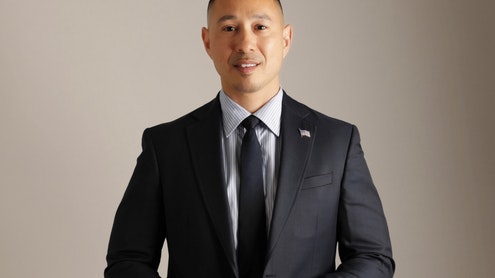Homepage
•
Learning Library
•
Blog
•
Jorge Valenzuela Found His Purpose as a National Education Advocate
Expand breadcrumbs
Expand breadcrumbs
- Learning Library
- Blog
- Jorge Valenzuela Found His Purpose as a National Education Advocate
- Homepage
- •
- Learning Library
- •
- Blog
- •
- Jorge Valenzuela Found His Purpose as a National Education Advocate
Jorge Valenzuela Found His Purpose as a National Education Advocate
By Nicole Krueger
September 16, 2022








